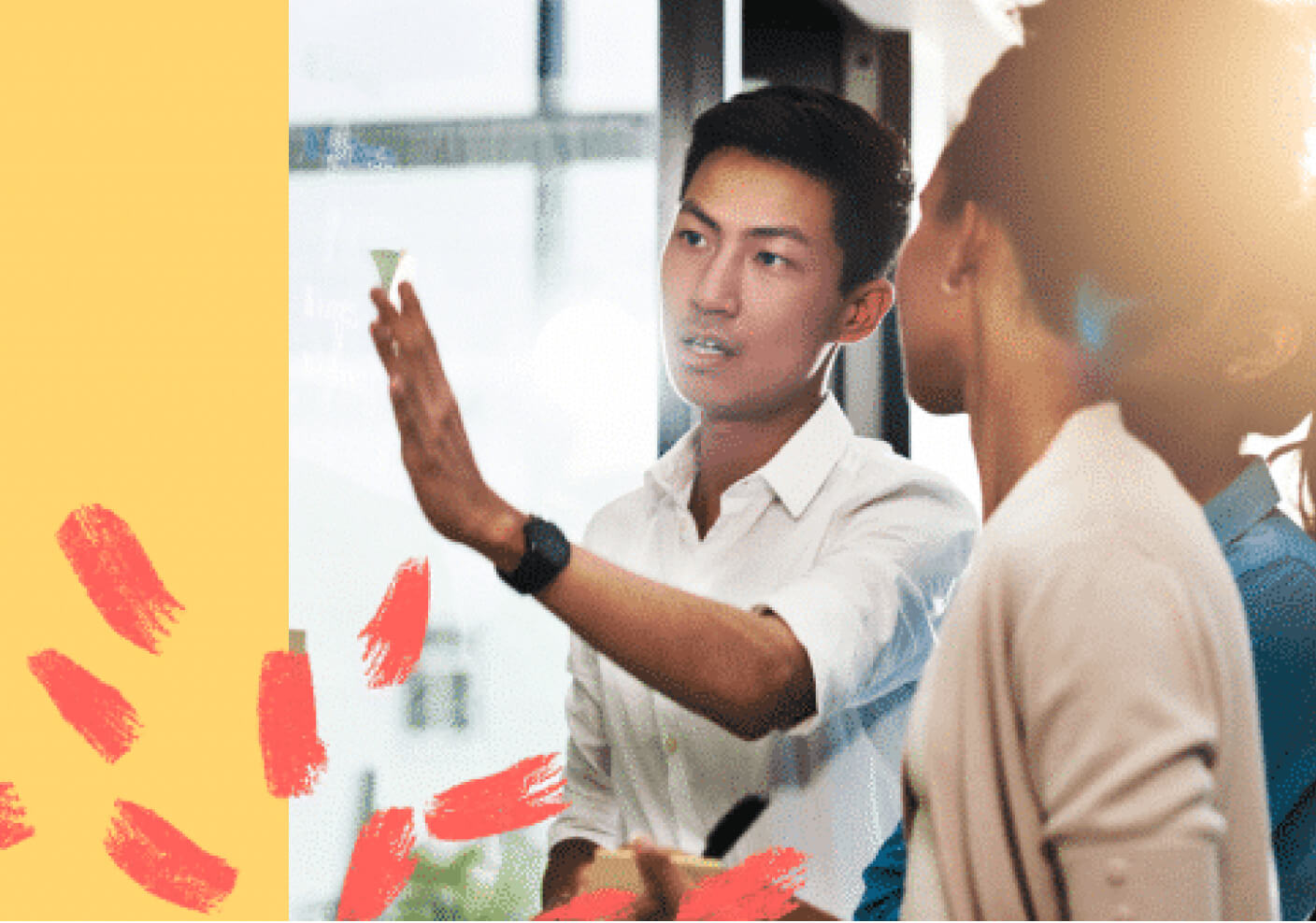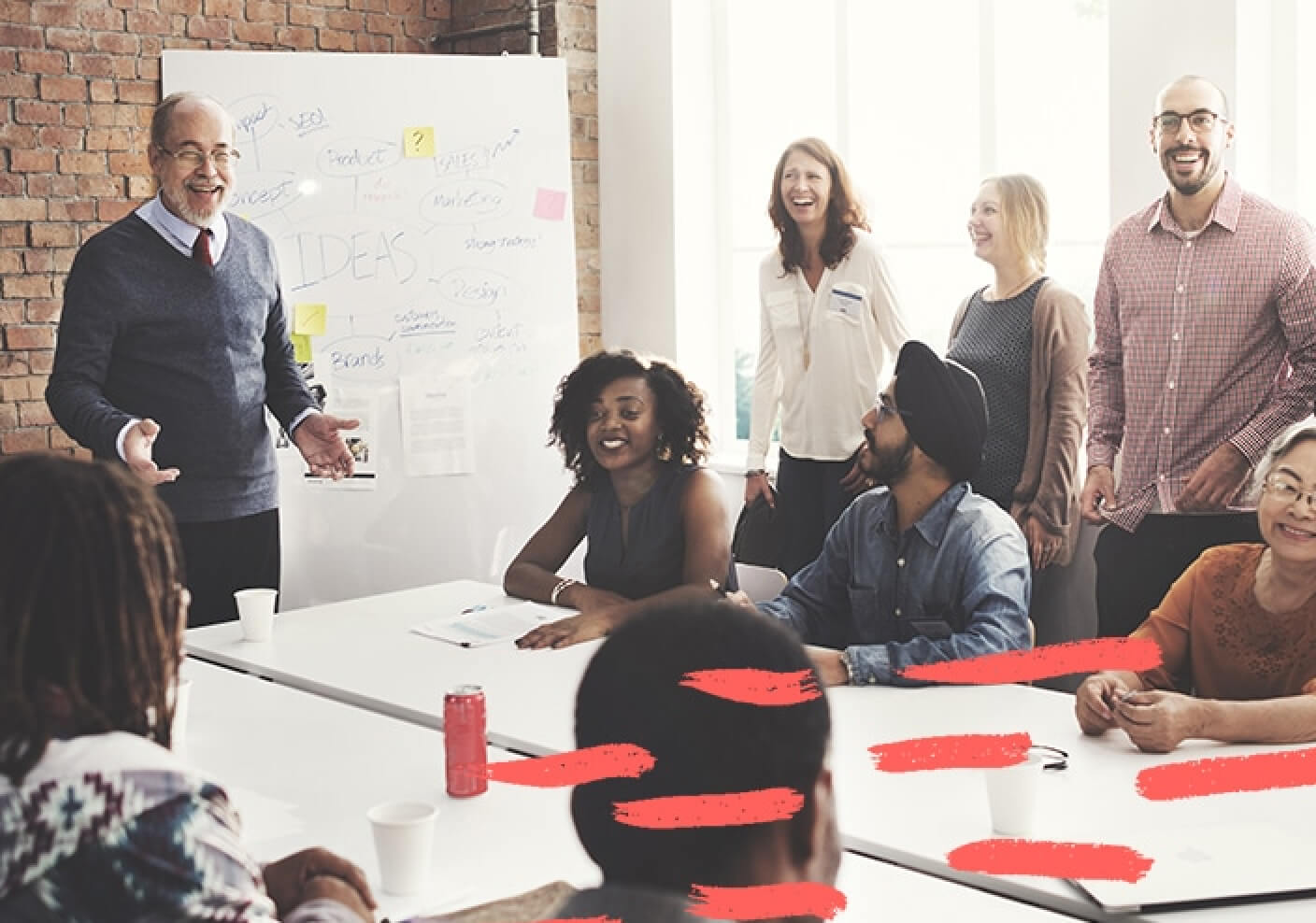It’s true: Practice makes perfect when learning any new ability. However, not all practice is created equal. Deep practice is a special type of skill building that has been proven to develop talents far more effectively than other methods.
What is deep practice and why is it so effective in achieving new abilities?
If at First You Don’t Succeed…
The key component of deep practice — or deliberate practice, a term coined by Swedish psychologist K. Anders Ericsson in 1993 — is stretching yourself outside of your comfort zone to acquire new knowledge. By being completely present during learning, stopping and assessing when errors inevitably occur, making corrections, and repeating this process over time, new skills are practiced and mastered in a more meaningful, long-lasting way.
As author Daniel Coyle explains in his groundbreaking book The Talent Code, the success of deep practice lies within our brains, specifically the neurons of our brains. Neurons are responsible for transmitting information from our brains to the rest of our bodies. In order to complete any task, the appropriate neurons and synapses (the structure that permits neurons to pass their information) must be firing.
Myelin is the insulation that wraps these nerve fibers and increases signal strength, speed, and accuracy. The more we repeat a practice, the more myelin optimizes that circuit, and the stronger, faster, and more fluent our movements and thoughts become. Myelin is best grown through targeted repetitive practice that pushes our boundaries, therefore allowing the learner to recognize and correct mistakes. Over time, the skill becomes a natural, innate response.
This technique is invaluable in learning any new skill; notably when developing essential soft skills and emotional intelligence training that help us excel in the workplace.
How VR Allows for Deep Practice and Soft Skills Development
Virtual reality simulations have long been used in learning job-related technical skills — from military and medical training to advancements in manufacturing and more — but more recently have we harnessed the power of this type of immersive learning to the mastery of crucial interpersonal skills.
Experiential VR offers real-time simulations that call for full presence in the moment. It’s a safe space to make mistakes and learn from failure. Powered by a blend of artificial intelligence and live human interaction, these scenarios engage both the emotional and cognitive faculties for truly transformative learning.
VR provides a dynamic platform for practicing such beneficial capabilities as enhanced communication, problem solving, empathy, and adaptability. By interacting with lifelike avatars in realistic workplace settings, learners are able to take risks without negative consequences. They are also encouraged to make mistakes and course correct along the way.
Mursion’s human-in-the-loop technology makes this practice all the more authentic because these conversations are guided by trained simulation specialists and designed to improve the very skills the learner seeks to achieve. And by being able to return to the sessions in an iterative manner, the learner is empowered to focus on solutions that they can reference time and time again for obtaining knowledge that will stand the test of time.
Subscribe for the latest Mursion articles and updates.
By clicking the sign up button above, you consent to allow Mursion to store and process the personal information submitted above to provide you the content requested. View our Terms and Conditions.




